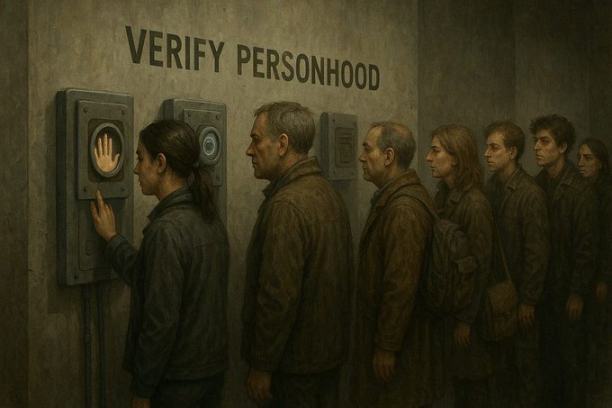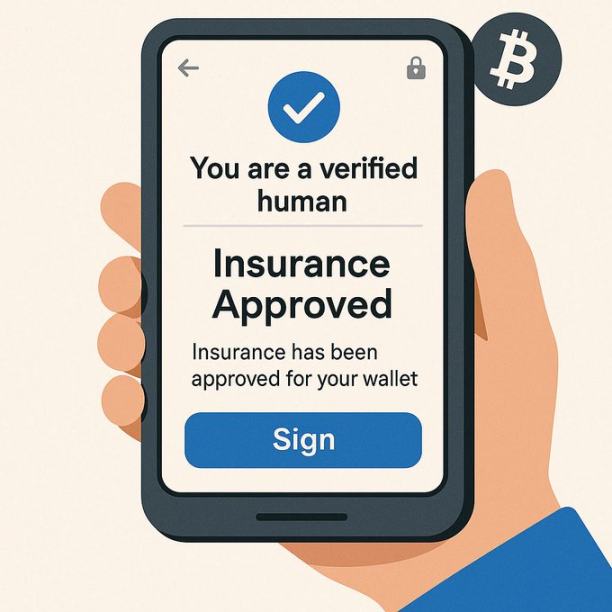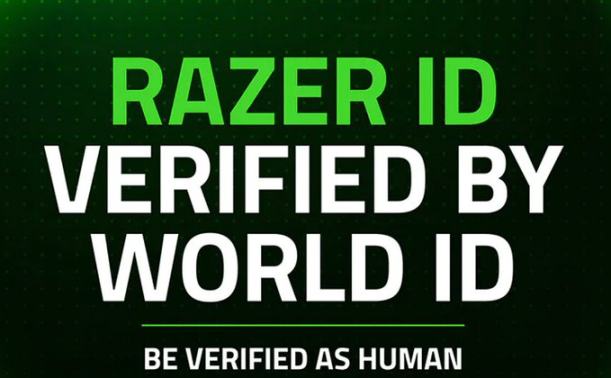Don't let those "tin cans" control you or take away your tokens.
Written by: @schizoxbt
Translated by: AididiaoJP, Foresight News
Things are getting weird.
We have officially stepped into a truly bizarre realm.

It seems like in the blink of an eye, AI has taken over the internet and infiltrated our daily lives like during the peak of the COVID pandemic. I'm not even sure which comments on X are real. Some humans are using AI to reply and post, while AI is trying to mimic human tones in its posts.
It feels like a dystopian robotic era.
We even need to consider that the "Dead Internet Theory" might come true, which is a bit concerning, but that's the reality. For those unfamiliar with the theory, it refers to the idea that most interactions on the internet are dominated by AI, and an era of failed human interaction is approaching.
I personally don't fully agree with this viewpoint, as it seems a bit far-fetched. But the truth is, AI has arrived, and we see it and interact with it every day.
Becoming a verifiable human is becoming more important than ever, and you can see this trend in real-time. People are extremely eager for genuine human interaction. In my view, this is precisely why streamers like Kai Cenat and Speed have recently become so popular.
Humans are inherently social beings. We certainly aren't meant to be wiped out by rapidly evolving AI. That's why I believe "Proof of Humanity" could be a rather significant movement.
Think about how many people have been confused by deepfake technology. What if we could eliminate that? What if you could verify someone's identity at any time? Anyone who has been deceived by deepfake technology during a Zoom call would wish they could verify that the person they were talking to was indeed who they thought it was.
Fortunately, there are already some protocols and projects working on "Proof of Humanity." Essentially, they need to ensure that you are talking to a real, flesh-and-blood human, not a dirty tin can machine.
@Worldcoin, @Humanityprot, @SelfProtocol, and many other projects are striving to help distinguish real humans from circuits and wires. While I won't delve into the specifics of each protocol, I want to highlight the work they are doing in this area, as we can draw many interesting conclusions from this movement.
How does it work?

These projects have at least one thing in common: they must correctly identify whether someone is human and have a way to share that verification at any time. There are many ways to achieve this, such as iris codes, palm prints, and so on.
They also focus on privacy protection, ensuring that this personal identity information is securely held by its owner. This means that people can anonymously submit their physiological identifiers (like eye photos, palm prints) and know that their information will not be stored anywhere else besides on the user's own device.
Zero-knowledge proof technology has also made significant strides here, as it allows you to prove something is true without revealing the underlying data. Recently, the @3Janexyz project was able to securely and anonymously check your credit score and bank information without knowing the exact balance or numbers.
Thus, in terms of proof of humanity, these projects can safely prove to others or other entities that you are a person without revealing the actual data that proves it.
ZK proofs are good technology.
Adoption
Currently, the adoption rate of "Proof of Humanity" is not very high, except for @Worldcoin, which recently surpassed 15 million verified users.
However, I do remember when Worldcoin first launched, many people were completely opposed to giving up any personal identity information. And there will always be those who are overly paranoid and unwilling to provide this information to any protocol, which is understandable. I also think that, aside from those in the crypto space, these projects may have been too early to gain real attention.
But I believe the time is coming. Humanity is important, and in an increasingly AI-driven world, we need to distinguish real flesh-and-blood people from tin cans.
This is where the speculative fun comes in: aside from the obvious reasons, why would anyone want to declare and prove their identity?
Providing better benefits for humanity

I recently read an article from Self about their integration with @Aave, and the use case immediately seemed reasonable: providing higher yields for verified humans. Essentially, they are incentivizing wallets that have verified human users, thereby excluding those who own multiple wallets trying to game the rewards.
This is one of the most obvious benefits of proof of humanity, allowing protocols to eliminate sybil attacks by offering excess rewards to real humans. Of course, the downside is that some users may be unwilling to do this to maintain complete anonymity, and they will pay the price of not receiving these incentive programs.
I also assume that any user who does not want to verify for higher Aave yields will only receive the base yield. So it's not that anyone is excluded from DeFi; they just won't earn extra rewards. Before more people adapt to ZK proofs, there will always be those who are unwilling to put any personal identity information at potential risk.
Asset insurance

I think it would be very interesting if users could obtain wallet and asset insurance through proof of humanity and link it to their real-world identity. Imagine you have a wallet that you have verified as yours through ZK proof, and you have verified that you are a real person. Then your wallet gets hacked, and you lose all your funds, but fortunately, you insured those assets! Because you are a real person and have associated a wallet with your identity, you are covered and can work with your insurance company to recover fully.
I think this is an extraordinary use case for many people. Perhaps you could also add the assets in your wallet to your balance sheet, helping to improve your credit score or simplify tax reporting by linking the wallet to your personal identity.
These more complex actions may take longer to achieve, while things like sybil attack resistance and fair airdrops will become the main use cases, but we should think more broadly about the potential impacts this could bring, far beyond that.
Zoom meetings

What if you could ensure that the person you are talking to on Zoom is a real person? This is the real solution that proof of humanity brings!
If a call could only start when both users have verified their identities, then you could ensure that you won't be scammed. If we could avoid the above situation, then we all win. Worldcoin has a potential solution called Deep Face, using their Worldcoin ID to verify identity.
Gambling games

Additionally, if you are a hardcore gamer like me, you may have fought against bots in multiplayer games many times. Most of them might just be washed-up old players like me, but there is a profound possibility that they will be AI in the future. It seems people are already preparing for this, as Razer has partnered with Worldcoin to help address this issue.
AI is rapidly bringing social change and will dramatically disrupt the world, for better or worse. But we humans should not yield and perish.
Conclusion
The race against AI has begun, and we must start implementing safeguards to prevent us all from being wiped out by the impending changes. While I believe things will be resolved, and I prefer to remain optimistic, there is still a lingering cloud in my mind that makes me stop and worry. There are many ways this can impact those of us in the crypto space, whether good or bad, and we should be prepared.
Don't let those tin cans control you.
Most importantly, don't let them take your coins.
免责声明:本文章仅代表作者个人观点,不代表本平台的立场和观点。本文章仅供信息分享,不构成对任何人的任何投资建议。用户与作者之间的任何争议,与本平台无关。如网页中刊载的文章或图片涉及侵权,请提供相关的权利证明和身份证明发送邮件到support@aicoin.com,本平台相关工作人员将会进行核查。




